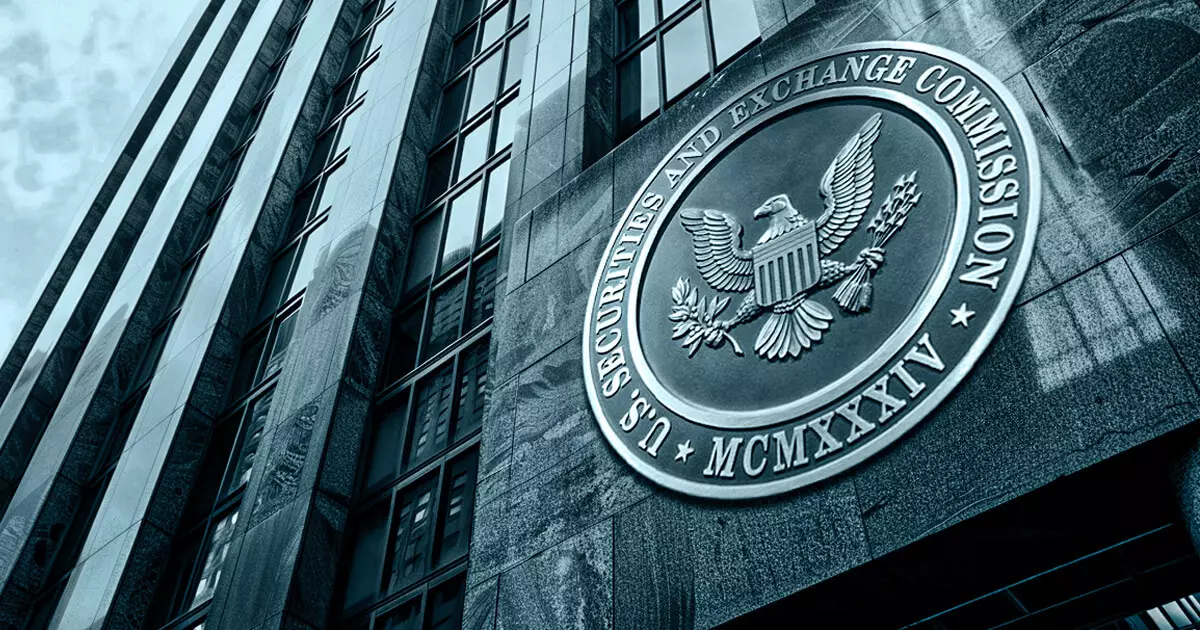The upcoming House Appropriation budget has the potential to hinder the implementation of the US SEC’s controversial Staff Accounting Bulletin 121 (SAB 121). According to FOX Business reporter Eleanor Terrett, the bill includes a policy rider that prohibits the SEC from using appropriated funds to enforce the rule. The inclusion of this provision raises questions about the future of SAB 121 and its impact on financial institutions and other firms that handle digital assets.
The House, currently controlled by a Republican majority, is expected to pass the appropriation bill in a hearing on June 5. However, the Senate, where Democrats and Independents hold the majority, will need to negotiate its own appropriation bill. Despite Democratic support for an earlier resolution aimed at the same goal, there is uncertainty surrounding whether the rider targeting SAB 121 will remain in the final budget.
In addition to the provisions related to SAB 121, the bill seeks to provide the SEC with $2 billion in total funding for 2025. This amount falls short of the $2.59 billion requested by SEC Chair Gary Gensler, raising concerns about the agency’s ability to fulfill its regulatory responsibilities effectively. SEC Commissioner Mark Uyeda has expressed support for withdrawing SAB 121, citing procedural concerns and the need to uphold checks and balances in the regulatory process.
The opposition to SAB 121 is not limited to political circles, as SEC Commissioner Hester Peirce previously voiced concerns about the bulletin’s implementation. Both Uyeda and Peirce have emphasized procedural deficiencies in the rulemaking process rather than questioning the substance of SAB 121 itself. While acknowledging that the decision to enact the bulletin may have merit, they believe that the lack of proper procedures undermines the integrity of the regulatory process.
SAB 121 mandates that financial institutions and other entities holding customers’ digital assets must account for these assets on their balance sheets. This requirement has raised concerns about the financial burden and liquidity constraints imposed on these companies. The implications of SAB 121 extend beyond regulatory compliance to the operational and financial challenges faced by firms handling digital assets.
The passage of H.J. Res. 109 by both the House and Senate to overturn SAB 121 was met with resistance from President Joe Biden, who ultimately vetoed the resolution. This decision sparked criticism from lawmakers, industry associations such as the American Bankers Association, and other stakeholders who viewed the resolution as a necessary protection for consumers and investors. The ongoing debate surrounding SAB 121 highlights the complex interplay between regulatory oversight, procedural integrity, and financial industry dynamics.
The fate of SAB 121 remains uncertain as the House and Senate navigate the intricacies of the appropriations process. The potential implications of the budget provisions go beyond financial figures to the core principles of regulatory governance and industry stability. As stakeholders continue to voice their concerns and interests, the ultimate resolution of this issue will have far-reaching consequences for the digital asset landscape and regulatory framework in the United States.

